Nigeria’s GDP up by 5% as businesses pick up post-COVID-19 lockdown: NBS
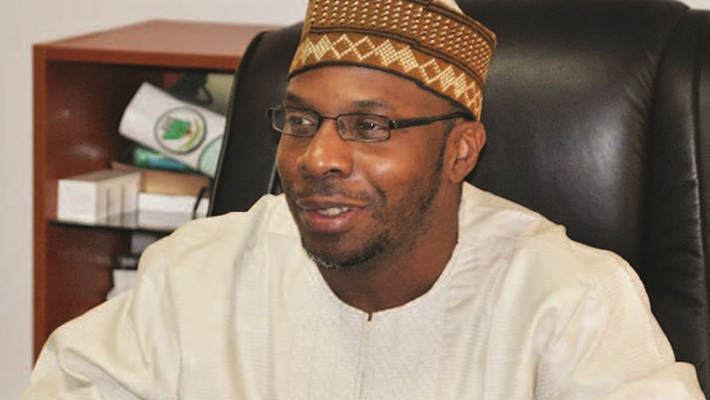
The newly released second quarter (Q2), 2021 report by the National Bureau of Statistics states that Nigeria’s Gross Domestic Product (GDP) grew by 5.01 per cent (Year-on-Year) in real terms.
This marks three consecutive quarters of growth since the recession in 2020, according to the report published on NBS website.
In the report, the growth rate in the period of reference was higher than the -6.10 per cent growth rate recorded in corresponding Q2 2020 and the 0.51 per cent recorded in Q1 2021 year on year.
The NBS hinged the growth on the return of business and economic activity levels near the one seen prior to the nationwide implementation of COVID-19 related restrictions.
It further said that the steady recovery observed since the end of 2020, with the gradual return of commercial activity and the local and international travel accounted for the significant increase in growth performance relative to Q2 2020 when nationwide restrictions took effect.
“Year to date, real GDP grew 2.70 per cent in 2021 compared to -2.18 per cent for the first half of 2020.
“Nevertheless, quarter on quarter, real GDP grew at -0.79 per cent in Q2 2021 compared to Q1 2021, reflecting slightly slower economic activity than the preceding quarter due largely to seasonality.”
The report said that in the quarter under review, aggregate GDP stood at N39.12 trillion in nominal terms, higher than Q2 2020 with aggregate GDP of N34.023 trillion.
This, it said, indicated a year-on-year nominal growth rate of 14.99 per cent.
It also said that the nominal GDP growth rate in Q2 2021 was higher than the -2.80 per cent growth recorded in Q2 2020 when economic activities slowed sharply at the outset of the pandemic.
The report said that the Q2 2021 nominal growth rate was also higher than 12.25 per cent growth recorded in Q1 2021.
The NBS classified the Nigerian economy into the oil and non-oil sectors.
For the oil sector, it said that average daily oil production stood at 1.61 million barrels per day (mbpd) in Q2 2021, which was -0.19 mbpd lower than the average daily production of 1.81 mbpd recorded in the same period of 2020 and -0.10 mbpd lower than the 1.72 mbpd recorded in Q1 2021.
“Real growth of the oil sector was -12.65 per cent (year-on-year) in Q2 2021 indicating a decrease of -6.02 per cent points relative to the growth rate recorded in the corresponding quarter of 2020.
“Growth decreased by -10.44 per cent points when compared to Q1 2021 which was -2.21 per cent.
“For the first half of 2021, real GDP was recorded at -7.13 per cent, compared to -0.80 per cent for the first half of 2020, the performance reflecting lower oil output.”
It, however, said that quarter-on-quarter, the oil sector recorded a growth rate of -20.35 per cent in Q2 2021.
According to the NBS, the sector contributed 7.42 per cent to total real GDP in Q2 2021, down from figures recorded in the corresponding period of 2020 and down compared to the preceding quarter, where it contributed 8.93 per cent and 9.25 per cent respectively.
For the non-oil sector, there was growth by 6.74 per cent in real terms during the period under review as growth rate was higher by 12.80 per cent compared to the rate recorded in the same quarter of 2020 and 5.95 per cent higher than the first quarter of 2021.
During the quarter, the sector was driven mainly by growth in trade, information and communication (Telecommunication), transportation (road transport), electricity, agriculture (crop production) and manufacturing (food, beverage and tobacco).
This, it said, reflected the easing of movement, business and economic activity across the country relative to the same period in 2020.
“In real terms, the non-oil sector contributed 92.58 per cent to the nation’s GDP in Q2 2021, higher from shares recorded in Q2 2020 which was 91.07 per cent and Q1 2021 recorded as 90.75 per cent”, it said.
The bureau explained that Quarterly National Accounts (QNA) were an integrated system of macroeconomic accounts designed to describe the entire system of production in a nation on a quarterly basis.
They provide a picture of the current economic status of an economy on a more frequent basis than Annual National Accounts (ANA).
In providing a reasonable level of detailed information of the economy, QNA allows the government to regularly access, analyse and monitor economic developments.
(NAN)
We have recently deactivated our website's comment provider in favour of other channels of distribution and commentary. We encourage you to join the conversation on our stories via our Facebook, Twitter and other social media pages.
More from Peoples Gazette

Politics
Katsina youths pledge to deliver over 2 million votes to Atiku
“Katsina State is Atiku’s political base because it is his second home.”
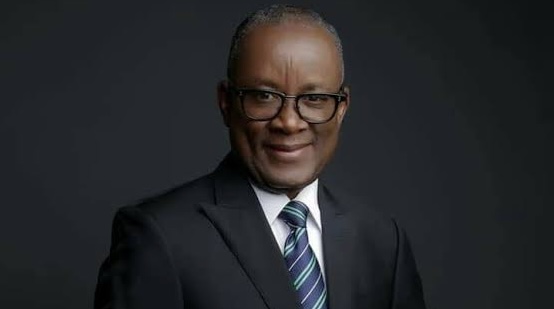
Sport
Ministry signs N35 billion MoU with firm for sports development
Mr Enoh said that the partnership would help to inject funding into sports development from the private sector.
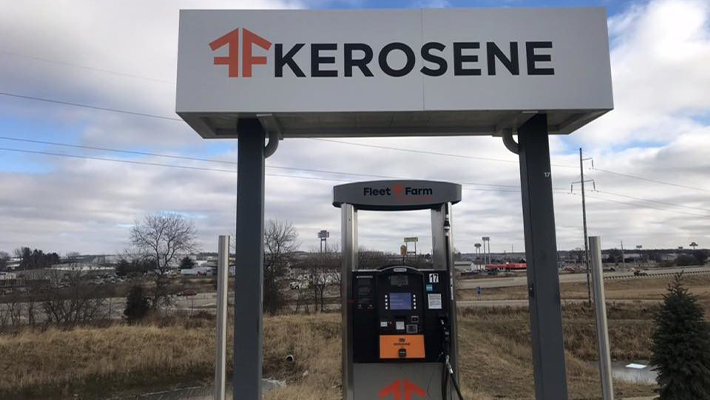
Economy
Kerosene price stood at N1,354.40 in March: NBS
It said the South-South recorded the lowest average retail price per litre of kerosene at N1,273.07.
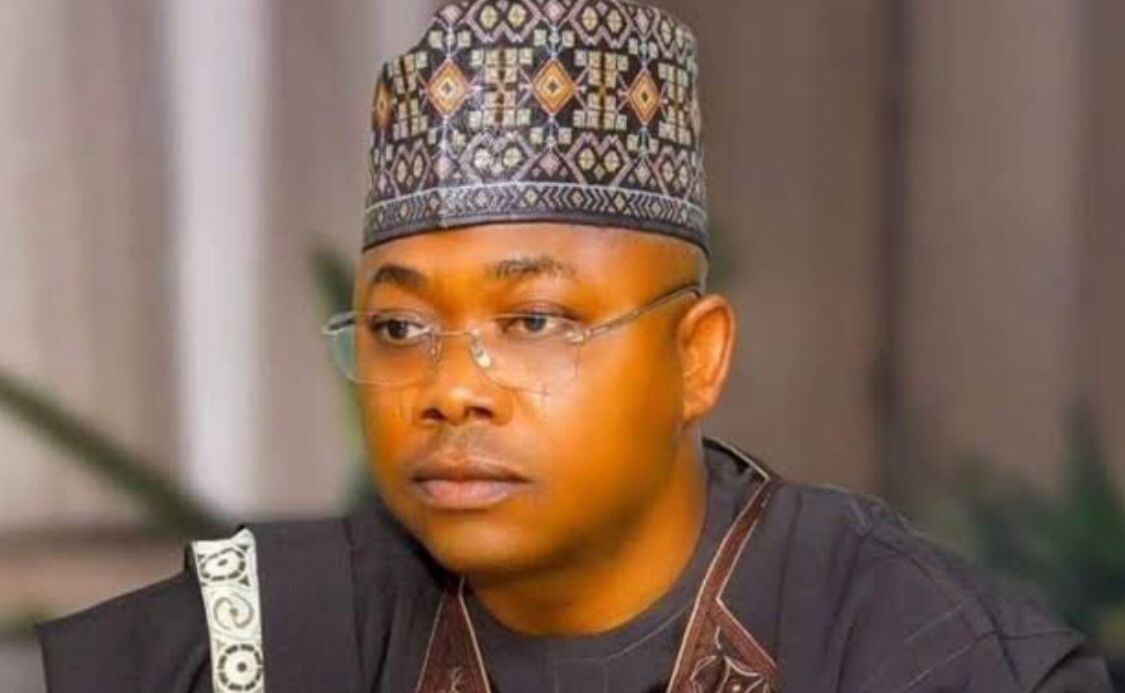
States
Gov. Ododo warns against breach of peace
My administration will no doubt resist any attempt to instigate violent protests in any part of the state under any guise
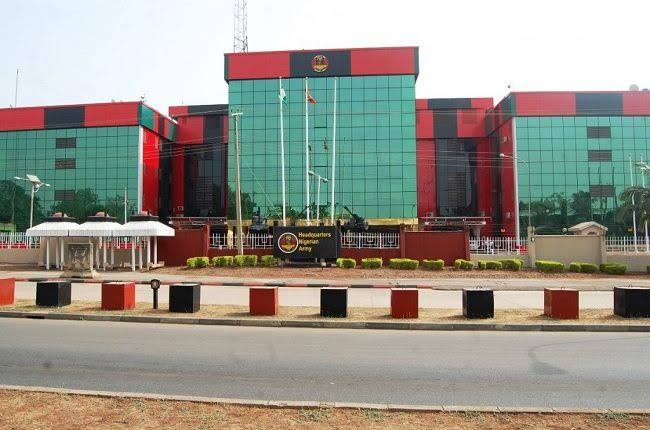
Heading 2
Okuama Killings: Senator commends DHQ for release of detained traditional ruler
The king was released on Friday by the Defence Headquarters after spending about three weeks in the military custody.
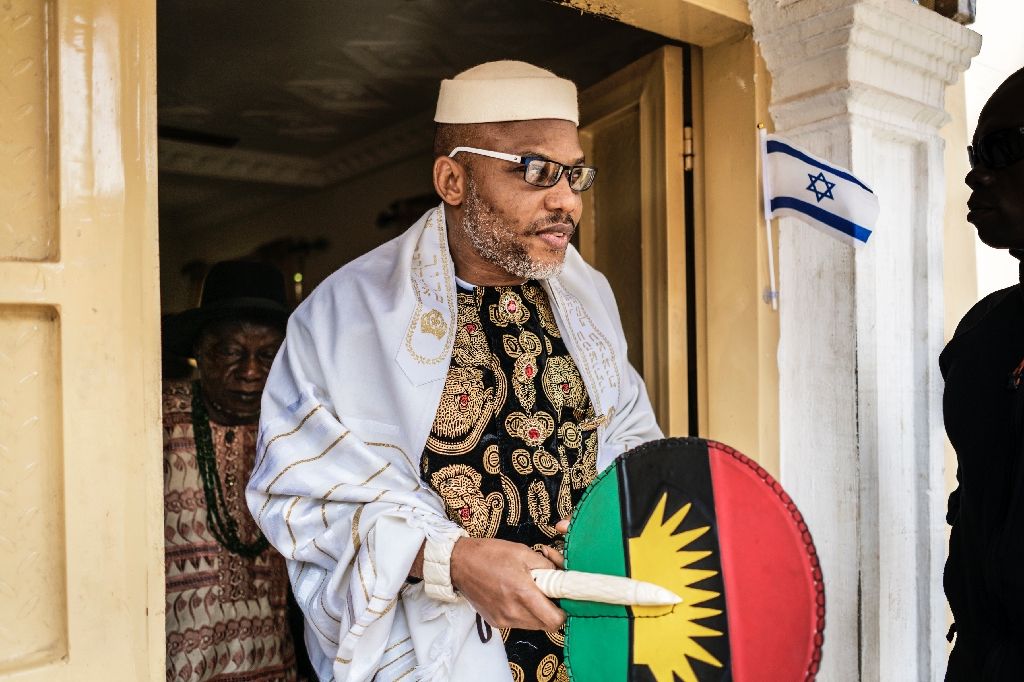
Heading 3
Court adjourns Nnamdi Kanu’s N1 billion suit against FG for adoption of processes
Mr Benye said the instant suit was an abuse of court process.

Heading 5
Two die in Ilaro-Owode road crash
She said that a total number of seven people were involved, which comprised four men and three women.








